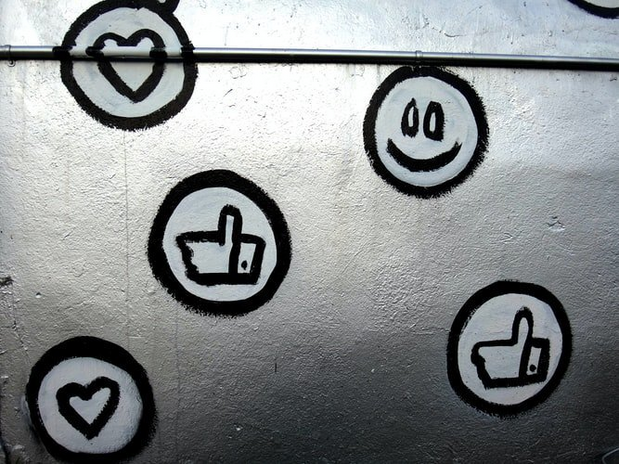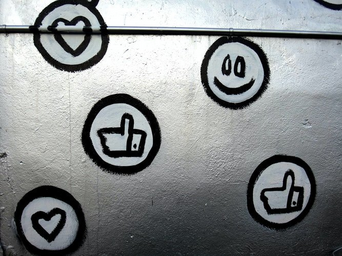Stigma remains a pillar of our society. The bitter truth to a world that claims to be evolving – issues of mental health remains rooted in shame. Maintaining this stigma allows for society to utilize a suppression of emotions to fuel an ever growing hustle culture. This is increasingly true in the realm of men’s mental health. As stereotypes linger, many still rely on these dated and false conceptions of humanity as their basis for evaluation. Even as the death toll from mental illness rises, we remain stuck in the fallacy of toxic masculinity and allow for it to dictate our treatment of an entire segment of society.
The spark of unraveling these centuries worth of misconceptions is within our conceptions of men as a whole. Generally, there is an ideal image praised within society. The strong, silent man who takes on the challenges of the family without question. This entire concept is inherently sexist as it assumes a woman is simply unfit to care for struggles, and men must assume authority. Not only this, but it is a direct cause of the extent of the mental health crises being faced by men.

We cannot deny the role of perceived masculinity in men’s mental health. It has become a common belief that men are only meant to live internally, never allowing for emotion to reach the surface. If it does happen to boil over, the only acceptable form of expression is happiness or anger, no in between. Mental illness thrives off of silence. When this stereotypical image of a man is adopted, the consequences are devastating. Mental illnesses in men often go undiagnosed and untreated for this very reason.
Vulnerability is not a gendered concept and yet it has become an attribute almost exclusively tied to women. As the gender binary dissipates, stereotypes remain. It is in the acceptance of vulnerability that toxic masculinity will crumble and men’s mental health can be at the forefront of conversations. Vulnerability is not a sign of weakness, but rather one of power. Allowing men to be vulnerable opens up a world of possibilities in the advancement of awareness and care.

Actor Justin Baldoni is a champion of the men’s mental health movement. An actor who has actively distanced himself from the toxic masculinity that Hollywood capitalizes off, Baldoni has openly discussed the need for vulnerability to be normalized. In a 2018 TED talk, he describes the fear of social alienation that plagues men as well as the need for gender roles to be completely dismantled. The issue is not that men face mental health struggles, we all do regardless of how we identify. The core of the issue is our automatic reliance on these stereotypical depictions of a man.
Recently there has been a surge in movements advocating for the end of stigmas surrounding mental illness. However, these often are marketed to women and stop with men. Eating disorders, anxiety, depression, personality disorders, there is no illness that sees this imaginary gender binary and does not ignore it. Liberating the minds of so many requires the work to be put in. We need to dismantle the structures of toxic masculinity that assert a man as an emotionless being. It’s not reality.




